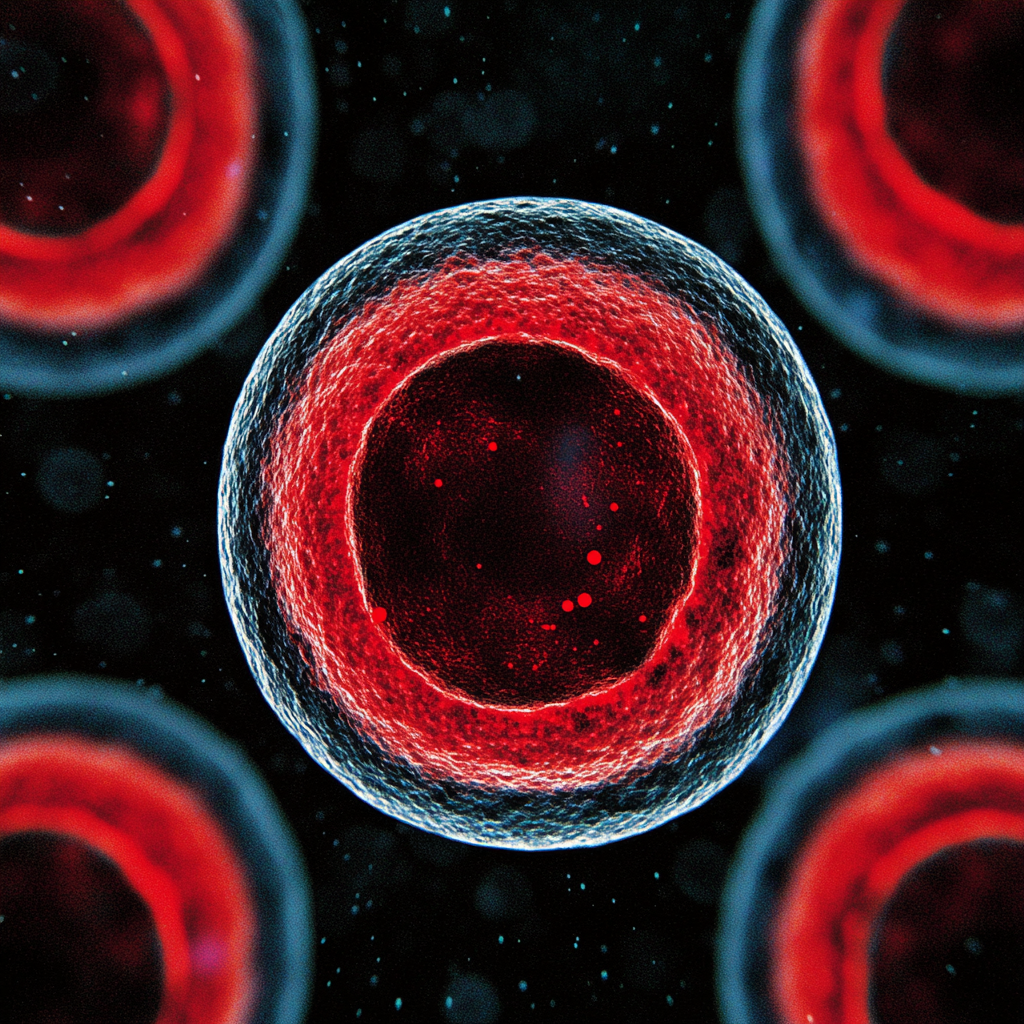BMC Musculoskelet Disord. 2025 Oct 8;26(1):938. doi: 10.1186/s12891-025-09103-y.
ABSTRACT
BACKGROUND: Current management strategies for plantar fasciitis primarily involve conservative treatments. However, the overall effectiveness of extracorporeal shock wave therapy (ESWT) as a specific intervention for this condition has been a subject of ongoing debate in the medical community and its long term efficacy remains controversial. This study’s objective is to assess the effectiveness of extracorporeal radial shock wave therapy (rESWT) for treating plantar fasciitis treatment compared to physiotherapy combined with ultrasound sessions and to screen for foot disorders implementing baropodometry, in a Tunisian tertiary care rehabilitation department.
METHODS: Patients who presented to the rehabilitation department between November 2022 and November 2023 with Plantar Fasciitis were randomly assigned to the rESWT and the Physiotherapy combined to ultrasound groups. The diagnosis of PF was confirmed by physical examination. X-ray radiography was used to exclude a fracture of the calcaneus.
RESULTS: Our study included 129 patients diagnosed with plantar fasciitis (PF), who were randomly allocated into two groups: 66 participants received radial extracorporeal shockwave therapy (rESWT), and 63 received physiotherapy combined with ultrasound therapy. The average age of these patients was 50.33 years (SD 10). The majority of participants were female, accounting for 101 individuals (78%). The average Body Mass Index (BMI) across the study group was 29.2 kg/m2. Regarding lower limb conditions, pes cavus (high arches) was the most common, observed in 58 participants (45%), followed by pes planus (low arches) in 47 participants (36%).Both treatment groups showed a significant decrease in Visual Analogue Scale (VAS) scores across all follow-up periods (p<0.001). However, no significant difference was found in the mean VAS scores between the two groups at any point after treatment.
CONCLUSION: Both protocols (rESWT and physiotherapy combined to ultrasound) were effective for improving morning pain at short term and midterm follow-up periods. Foot disorders should be initially evaluated and considered while treating.
TRIAL REGISTRATION: This trial is officially registered with the Pan African Clinical Trial Registry under the registration number PACTR202308802969500 first registered on (24/08/2023).
PMID:41063112 | DOI:10.1186/s12891-025-09103-y
